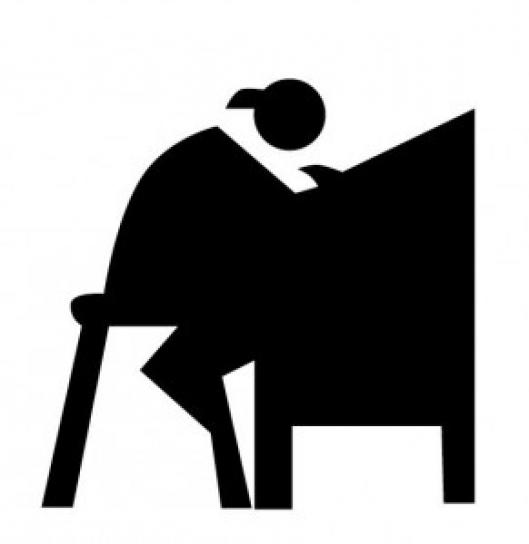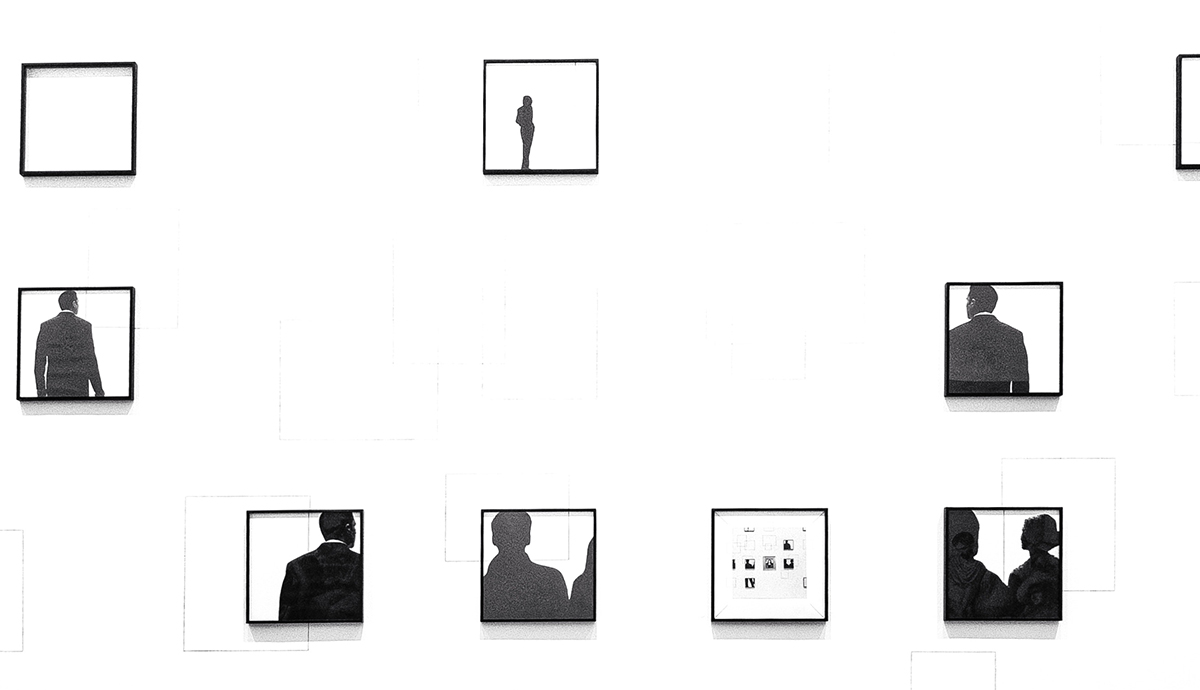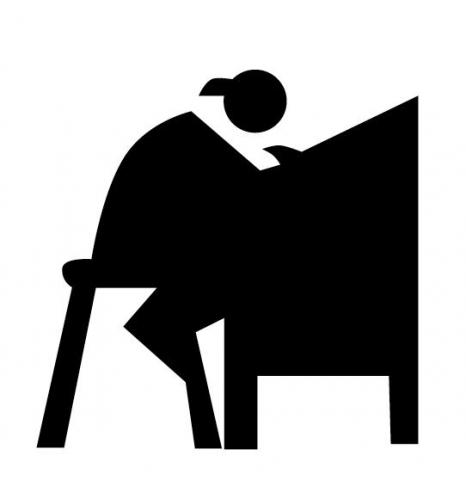Our first journey from womb to earth is a gendered passage. From our first words, the language we speak and later read and write is informed by gender. The origin of “gender” is from the Latin (Oxford English Dictionary) generare, meaning: to “produce by natural processes, to give rise to, engender.” I was struck by the softening “en” of “engender,” which felt like a blurring of gender’s certainty. My OED defines “engender” as transitive and intransitive. But it’s the intransitive “to come into being, arise, originate,” that appeals to my poetic sensibility.
Claiming your identity as a writer does not come easily—especially for women who have historically borne the responsibility for home and children with little or no opportunity to explore their interior emotions, ideas, goals. Even today, when many women’s partners are weighing in to balance the roles at home—as women we continue to face new pressures and expectations based on gender.
A close friend I exchange work with, Irish poet Clodagh Beresford Dunne, often sends me poems when she’s put her four children to bed. Clodagh holds a doctorate degree and has a supportive husband. But like many women of all ages and circumstances, her desire to write is often impeded by other pressures.
As a poet living in Pittsburgh, I’m grateful for its storied past and world-renowned institutions. Pittsburgh engenders many creative communities. It’s the City of Bridges (446 to be exact) and great writers (Gertrude Stein, Rachel Carson) have emerged here. It is also the birthplace of a unique writing community composed solely of women: The Madwomen in the Attic.

The Madwomen in the Attic was formed in 1979 after a visit to Carlow University by Tillie Olsen. When Olsen was mobbed by women with stories, poems, and questions, it became clear that there was a need for women’s stories to be told. The Madwomen offer weekly workshops (in poetry, fiction, and creative nonfiction) and a community where women can develop their craft, exchange ideas, and claim their identities as writers.
Madwomen take their name from the seminal 1979 feminist text by Sandra Gilbert and Susan Gubar, The Madwoman in the Attic: The Woman Writer and The Nineteenth Century Literary Imagination (a title Gubar & Gilbert took in part from Charlotte Bronte’s Jane Eyre—specifically, Bronte’s Bertha Mason, a mad woman locked in the attic by her husband). Currently, Madwomen students and instructors total nearly 300 in number. They range in age from 18 to 93 and represent a diverse spectrum of female experience and artistic sensibilities—from award winning authors to beginning writers, from undergraduates to lawyers, from dragon boaters to truck drivers and waitresses. Carlow’s Madwomen share a desire to write and an inclusive community in which to claim their identities.
I’ve been an active Madwoman for nearly ten years. My experience in these workshops and as an editor of Madwomen’s annual anthology Voices from the Attic (soon to publish its 21st volume) has been instrumental in my development as a poet. Engaging with women writers of all ages and backgrounds has enriched my writing and deepened my understanding of myself.
The writing world is composed of micro-communities such as, traditionalists, experimentalists and those who combine influences to create even narrower aesthetic approaches. The Madwomen offer the macro gift: a rich diversity of sensibilities and an empathetic space in which women can explore their writing selves. Madwomen offers affirmation of the imaginative self and the desire to write for many women whose path to writing has been strewn with obstacles.
Writing and workshopping with other women in classes taught and led by women is empowering and liberating. There is an energy and freedom I feel in the company of women: an enhanced sense of self that engenders creative autonomy. The exchange and interaction made possible by women’s writing communities is in itself an act of female assertion. It is a claiming of the autonomous self; a self too often silenced or hidden away.
Sally Shuttleworth (Head of Humanities at the University of Oxford), penning her Introduction to the 2008 edition of Bronte’s 1847 novel, asserts “selfhood” in Jane Eyre “is defined primarily as a hidden interior space, rather than a process of social interaction and exchange.” As a novel it remains relevant because it reflects what it means to be a woman in any age: reflects feminine interior space, our need to express and claim the truth of female existence, and the risk of asserting the self in a largely masculinized exterior world.
Creative exposure of the interior self has traditionally been risky for women. History is strewn with many examples. Charlotte Bronte (and her sisters) published under gender veiling pseudonyms. Emily Dickinson was advised by author and critic Thomas Wentworth Higginson not to publish her poetry and spent her writing life in isolation. Bronte’s characterization of feminine complexity in Jane Eyre, her depiction of Jane and her mad double, Bertha Mason, embodies the paradox of the female artist—acute awareness of interiority/selfhood and the violent need to seek outward expression, but also the attendant risks.
Since 2007, acclaimed poet Jan Beatty has directed the Madwomen Workshops. She is an award-winning author of four books published by the University of Pittsburgh Press. With inspiration, Beatty guides the Madwomen’s growth through creative writing workshops, an annual print anthology, national reading series, mentorship program, fundraising, and local readings throughout the Pittsburgh community-all in celebration of and to honor the voices of these remarkable women. In addition to The Patricia Dobler Poetry Award (a national prize awarded yearly for a single poem to a woman over forty who has not published a book), the Madwomen hope to soon sponsor The Patricia Dobler Book Prize.
The achievements of individual madwomen are too numerous to list, but 2014-15 has seen the publication of more than a dozen books and chapbooks by Carlow’s Madwomen. 2015 will also mark the beginning of The Dorothy Louise Holley Reading Series, a series endowed by Beth Piraino, daughter of the late poet and madwoman Dorothy Holley. Dorothy Holley wrote poetry privately for forty years before enrolling in Madwomen and publishing four full-length books in her eighties.
In her essay “A Room of One’s Own” Virginia Woolf wrote: “who shall measure the heat and violence of a poet’s heart when caught and tangled in a woman’s body?” Gilbert and Gubar argued that “for the female artist the essential process of self-definition is complicated by the patriarchal definitions that intervene between herself and herself.” Like the word “engender,” the Madwomen workshops are all verb, a space for the writer’s autonomous self to come into being, where women can measure the heat and violence of their inner selves, write their stories and bear witness to their singular experience.
Tess Barry (MA in English, University of Pittsburgh; MFA in Creative Writing/ Poetry, Carlow University) teaches English, literature and creative writing at Robert Morris University in Pittsburgh. She is proud to be an active member of Carlow University’s Madwomen in the Attic Writing Workshops and an editor of Madwomen’s Voices from the Attic anthologies. She was honored to be a finalist for North American Review’s 2013 and 2012 James Hearst Poetry Prize. A 2014 and 2013 finalist for Aesthetica Magazine’s (England/UK) Poetry Award, Barry was shortlisted for the 2014 Bridport Poetry Prize (England/UK). Her work most recently appears in Aesthetica Magazine’s Creative Writing Annual 2015 and the Madwomen anthology, Voices from the Attic-Vol. 20. Her manuscript Spring Barrel is being submitted for publication.
The image accompanying this blog is the logo of The Madwomen in the Attic and MadBooks, an independent press which publishes the writing of women. Madwomen’s website is currently being revised for a Fall 2015 relaunch. In the meantime follow us on Twitter or Facebook . Writers interested in submitting to The Patricia Dobler Award can learn more information by contacting Madwomen Director Jan Beatty at jpbeatty@carlow.edu or Madwomen Administrative Assistant Sarah Williams-Devereux at sewilliams412@carlow.edu.



